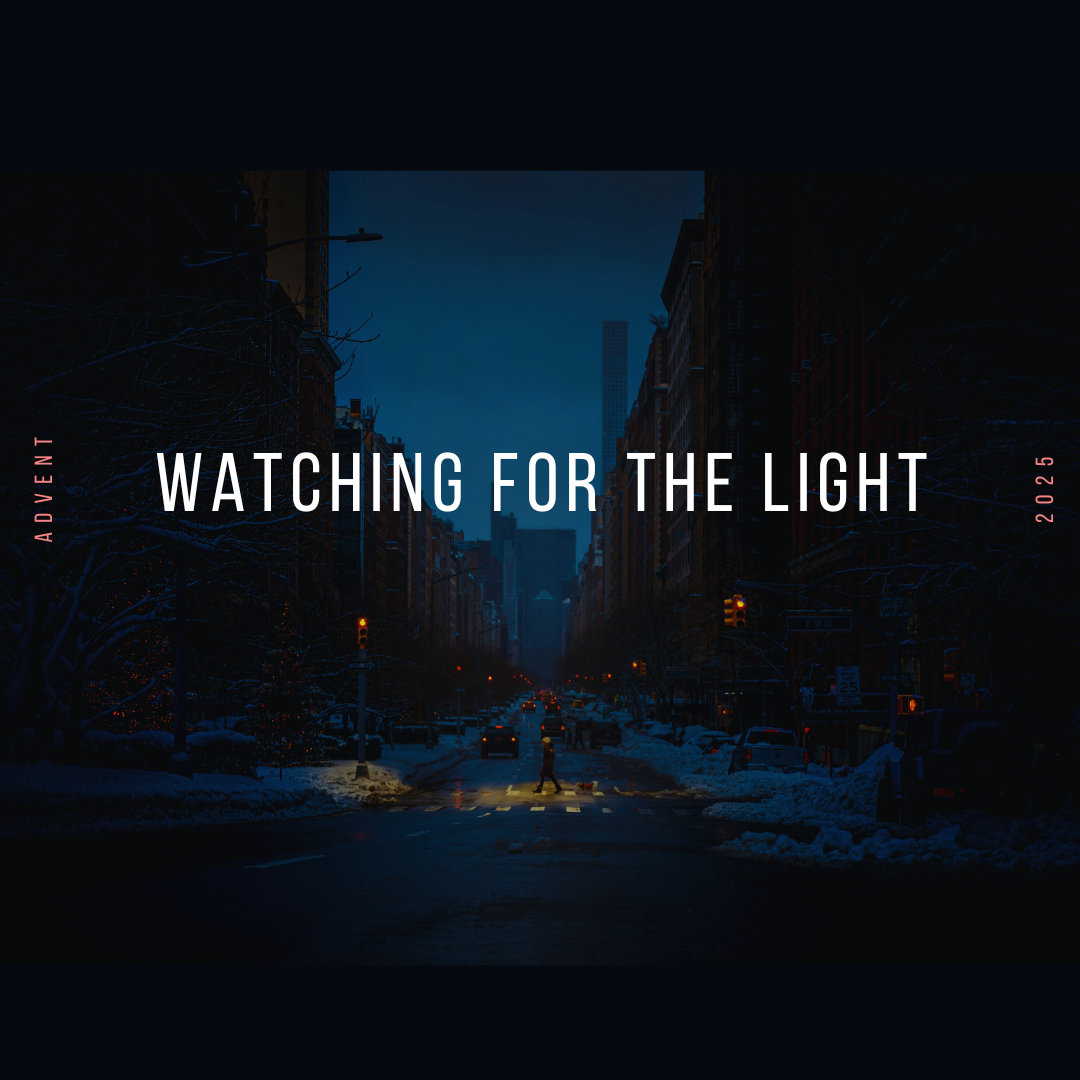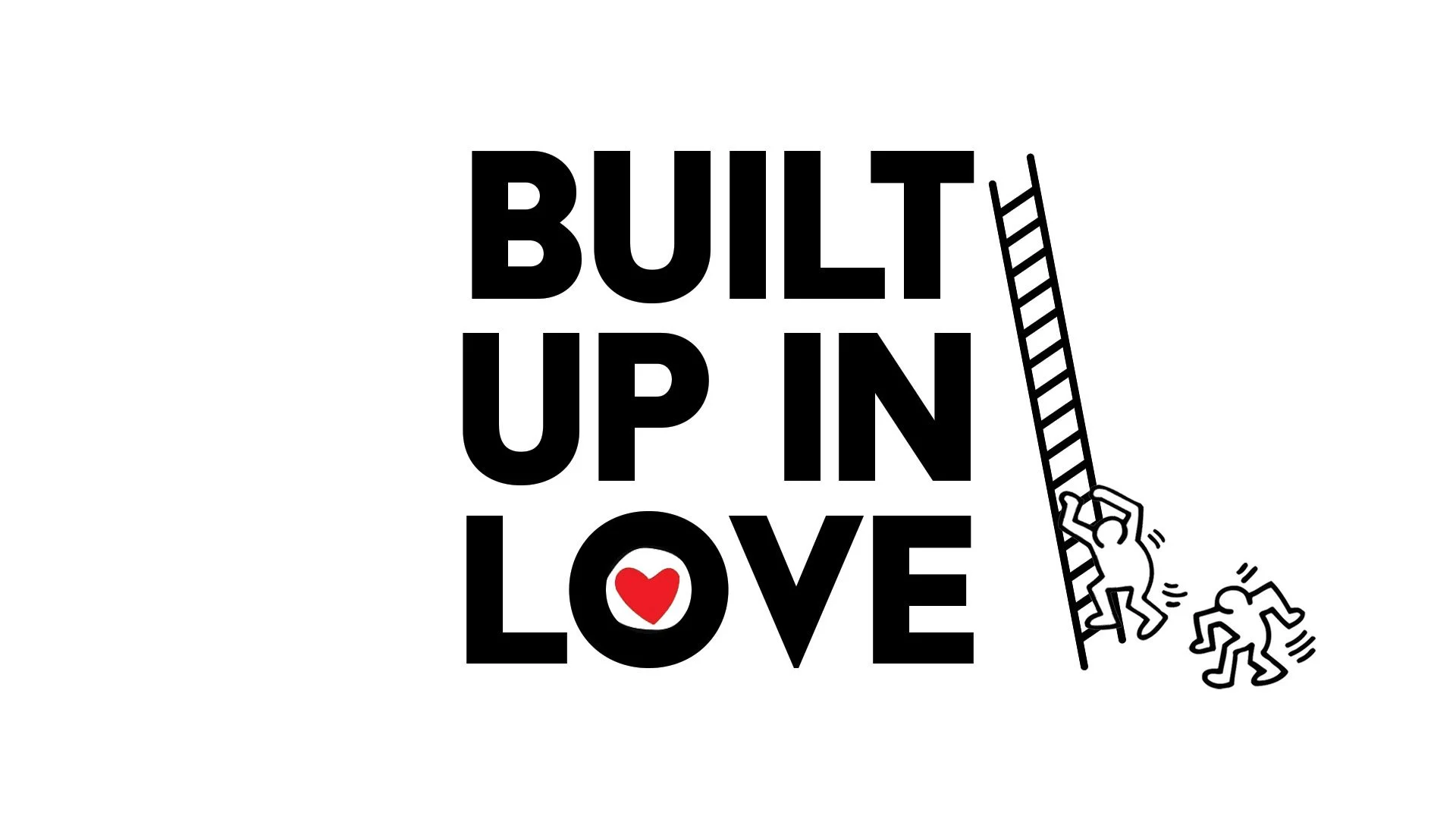About This Guide
The online groups guide is designed as a teaching series companion to foster discussion, study, and prayer, especially in a group setting.
Join a weekly group for a meaningful way to connect to our community.
pdf download
Download this PDF to help you make a plan to follow Jesus in your everyday life, including diagnostic questions to help get you started.
Pickup a print version at our weekly in-person Sunday gatherings.
more Resources
Explore a curated online collection of recommended practices and resources to pursue presence, formation, and love in your life.
Questions about the series or looking for a way to get involved? Contact us.
Love
Teaching Text: John 21: 1-17
Afterward Jesus appeared again to his disciples, by the Sea of Galilee. It happened this way: Simon Peter, Thomas (also known as Didymus), Nathanaelfrom Cana in Galilee, the sons of Zebedee, and two other disciples were together. “I’m going out to fish,” Simon Peter told them, and they said, “We’ll go with you.” So they went out and got into the boat, but that night they caught nothing.
Early in the morning, Jesus stood on the shore, but the disciples did not realize that it was Jesus.
He called out to them, “Friends, haven’t you any fish?”
“No,” they answered.
He said, “Throw your net on the right side of the boat and you will find some.”When they did, they were unable to haul the net in because of the large number of fish.
Then the disciple whom Jesus loved said to Peter, “It is the Lord!” As soon as Simon Peter heard him say, “It is the Lord,” he wrapped his outer garment around him (for he had taken it off) and jumped into the water. The other disciples followed in the boat, towing the net full of fish, for they were not far from shore, about a hundred yards. When they landed, they saw a fire of burning coals there with fish on it, and some bread.
Jesus said to them, “Bring some of the fish you have just caught.” So Simon Peter climbed back into the boat and dragged the net ashore. It was full of large fish, 153, but even with so many the net was not torn. Jesus said to them, “Come and have breakfast.” None of the disciples dared ask him, “Who are you?” They knew it was the Lord. Jesus came, took the bread and gave it to them, and did the same with the fish. This was now the third time Jesus appeared to his disciples after he was raised from the dead.
When they had finished eating, Jesus said to Simon Peter, “Simon son of John, do you love me more than these?”
“Yes, Lord,” he said, “you know that I love you.”
Jesus said, “Feed my lambs.”
Again Jesus said, “Simon son of John, do you love me?”
He answered, “Yes, Lord, you know that I love you.”
Jesus said, “Take care of my sheep.”
The third time he said to him, “Simon son of John, do you love me?”
Peter was hurt because Jesus asked him the third time, “Do you love me?” He said, “Lord, you know all things; you know that I love you.”
Jesus said, “Feed my sheep.
Themes
Consider these themes and ask your group what else they see in the passage:
Shame → Love
Formation
Thoughts and notes you can use for discussion:
Adam and his wife were both naked, and they felt no shame. – Genesis 2:25 NIV
“but you must not eat from the tree of the knowledge of good and evil, for when you eat from it you will certainly die.” – Genesis 2:17 NIV
He answered, “I heard you in the garden, and I was afraid because I was naked; so I hid.” – Genesis 3:10 NIV
So Adam was naked and unashamed and now he’s naked and ashamed and he’s afraid because of how vulnerable he feels and he’s hiding.
So fear and shame enter the human story. And it is attended by other kinds of death that we’ll talk about in this series: despair and scarcity and exhaustion.
What is shame?
Chip Dodd
Healthy shame: recognition of dependency/limitation
Toxic shame: judgment
If we are exposed, we will be judged and disposed of
I need therefore I am stupid, bad, worthless
Worth is in performance instead of presence
“The felt sense that I do not have what it takes to tolerate this moment or circumstance. I am not enough, I am bad, I don’t matter, there is something wrong with me” – Curt Thompson, The Soul of Shame
Types of Shame
Shame that originates with us: it’s related to things that we ourselves do or do not do
Shame that originates with others:
Those voices from our childhood. Some of us have been really fortunate and those voices have been kind. And others of us have a different experience. Maybe a parent who wasn’t well and the things they said to us became our personal, internal monologue. It might sound very much like your voice, but it’s actually someone else’s
Societal expectations
Those explicit and implicit messages about your worth or value
Shame that originates from lies told by the enemy–the prince of the power of the air
Shame attempts to separate me from love
Adam and eve example
“God saw all that he had made, and it was very good. And there was evening, and there was morning—the sixth day.” – Genesis 1:31 NIV
“Then the eyes of both of them were opened, and they realized they were naked; so they sewed fig leaves together and made coverings for themselves.” – Genesis 3:7 NIV
So, Adam and Eve are hiding from each other, then God comes and even though they are already covered in fig leaves, they hid from him too.
Adam says: He answered, “I heard you in the garden, and I was afraid because I was naked; so I hid.” – Genesis 3:10 NIV
There are some tough consequences handed out for everyone involved and then God does something interesting:
“The Lord God made garments of skin for Adam and his wife and clothed them.” – Genesis 3:21 NIV
Peter example
“When they had finished eating, Jesus said to Simon Peter, “Simon son of John, do you love me more than these?” “Yes, Lord,” he said, “you know that I love you.” Jesus said, “Feed my lambs.” Again Jesus said, “Simon son of John, do you love me?” He answered, “Yes, Lord, you know that I love you.” Jesus said, “Take care of my sheep.” The third time he said to him, “Simon son of John, do you love me?” Peter was hurt because Jesus asked him the third time, “Do you love me?” He said, “Lord, you know all things; you know that I love you.” Jesus said, “Feed my sheep.” – John 21:15-17 NIV
Peter had denied Jesus. He had failed, wasn’t enough for the moment.
Jesus has recreated for Peter all of the details of when he first called him. And for each of Peter’s denials, Jesus gives him the opportunity to re-declare his love.
So before we talk more about Peter’s story, I want us to note a couple of things:
Everything that is true about you, everything that your Father thinks about you is revealed before you fall. (The Trinity created humankind and God says “this is very good”; Peter’s destiny is revealed before he falls. Andrew brings Peter to Jesus says to him–you are the rock.)
God always has a loving response to our failures and to our shame. (God made them Adam and Eve clothes and Jesus is making Peter breakfast)
Jesus is saying to Peter, I know you’re not perfect, but I’ve already told you who you are. You are the rock—follow me and take care of my flock.
Verb – Agapaō v. phileō
Noun – Agapē v. philadelphia
Unconditional love
Familial affection
1 - Peter, do you agapaō? Lord, I phileō
2 - Peter, do you agapaō? Lord, I phileō
3 - Peter, do you phileō? Lord, I phileō
Shame is still holding Peter back.
Jesus is actually repeating the question that is in Peter’s heart. Peter’s sitting there next to his dear, dear friend. Thinking of all the ways he failed him. He fell asleep while Jesus was asking him to keep watch. He couldn’t protect him from the soldiers that came to get him. And then the time came for him to fulfill all of those promises of bravely dying with the one he loves and he can’t do it. Peter is wondering “do you love me” and Jesus is answering “yes” every single time.
Maybe one of the most significant uses of the agapē form of love is in 1 Peter 4:8 where he says:
“Above all, love each other deeply, because love covers over a multitude of sins.” – 1 Peter 4:8 NIV
Love covers
You don’t have to be ashamed—love will cover you. You don’t have to hide—love will cover you. That’s what Love does. It covers.
The covenant love of God will cover your shame, whether it originated with you or with some other fallen being. Love will cover your shame.
In the same way that God sacrificed animals to cover the shame of Adam and Eve in the garden, He sacrificed His son to die on a cross so that one day we can all go back to that garden and be naked and unashamed. Love covers.
“I see myself as the most miserable of all human beings, stinking and covered in sores, guilty of committing all sorts of crimes against my Monarch. Moved by deep regret, I declare to God all the harm I have caused others. I ask Love’s pardon. Then I give myself to their mercy to do with me as they please. Far from punishing me, this Ruler, full of kindness and mercy, lovingly embraces me, invites me to eat, seats me at Love’s table, waits on me themself, gives me the keys to their treasures, and all in all, treats me like their favorite. My Sovereign talks with me and takes great pleasure in my company in countless ways, without ever mentioning my forgiveness or taking away my old habits. Although I beg Love to make me according to their heart, I always see myself as weaker and more miserable, and yet always more caressed by God. This is what I see from time to time in God’s holy presence.” – Practice of the Presence, Nicolas Herman (monastic name: Brother Lawrence of the Resurrection).
Can you identify areas in your life where Shame overshadows love?
What actions of your past still bring you shame?
What lies that other people have spoken over you still bring shame?
What lies about yourself do you believe where Satan wants to keep you prisoned and paralyzed?
We need to constantly replace lies with truth
We need to constantly remind each other of our true worth
We need each other to overcome shame with love.












